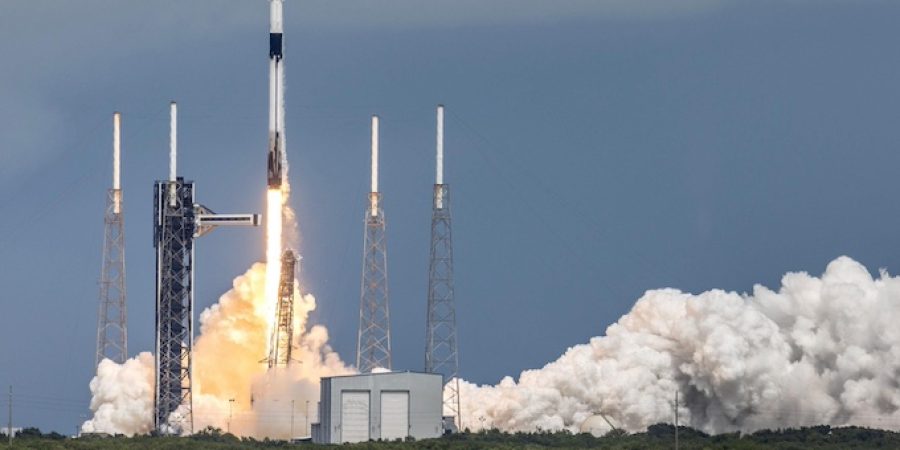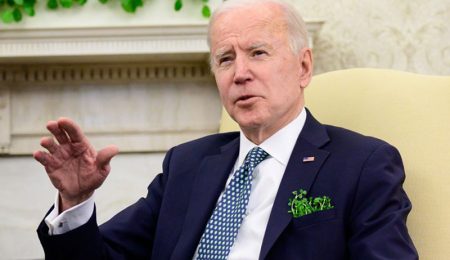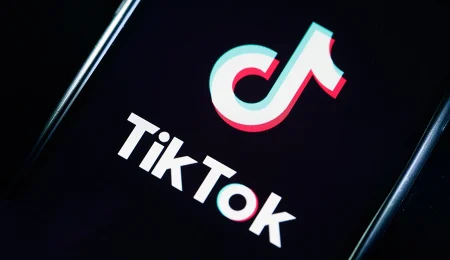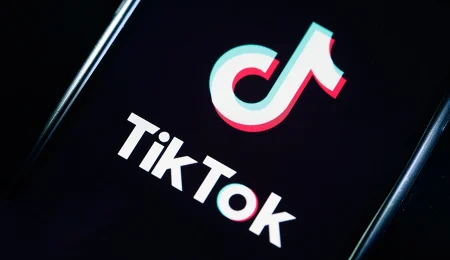SpaceX has successfully launched its Dragon capsule on a mission to bring back two astronauts stranded on the International Space Station (ISS) since June. The spacecraft, carrying two empty seats for NASA astronauts Butch Wilmore and Suni Williams, lifted off from Cape Canaveral, Florida, on Saturday evening.
Wilmore and Williams were originally scheduled for a short eight-day mission aboard the ISS, but a fault was discovered in the Boeing Starliner intended to return them to Earth. As a precaution, the Starliner returned empty, extending the astronauts’ stay on the space station.
The Dragon mission, delayed by Hurricane Helene, was initially scheduled for Thursday. The hurricane, which caused extensive damage in Florida and moved north through Georgia, Tennessee, and the Carolinas, prompted the rescheduling of the launch.
Meanwhile, NASA astronaut Nick Hague and Russian cosmonaut Alexander Gorbunov are on board the Dragon, delivering fresh supplies to the stranded astronauts. They are expected to bring Wilmore and Williams back to Earth by February. The Dragon capsule is anticipated to dock with the ISS on Sunday at approximately 22:30 WAT.
SpaceX, founded by billionaire entrepreneur Elon Musk, has been playing a crucial role in ferrying crews to and from the ISS under a contract with NASA, with regular missions every six months. The collaboration between NASA and Russia’s space agency, Roscosmos, also plays a vital role.
Under the agreement, NASA astronauts are regularly transported on Russian Soyuz spacecraft, while Russian cosmonauts travel aboard SpaceX’s Dragon, maintaining a balance between the two agencies.
The launch of the Dragon capsule is part of ongoing efforts to ensure a smooth return for the astronauts and avoid further delays in the space station’s operations. However, challenges such as equipment malfunctions and weather disruptions highlight the complexities involved in maintaining and coordinating international space missions.
Follow us on:



